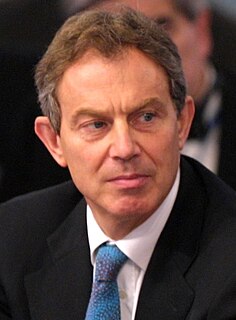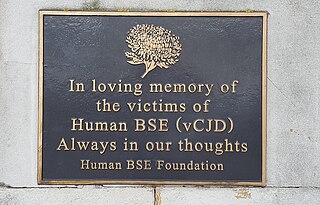 W
WThis is a complete list of Acts of the Parliament of the United Kingdom for the years 1980–1999. Note that the first parliament of the United Kingdom was held in 1801; parliaments between 1707 and 1800 were either parliaments of Great Britain or of Ireland). For Acts passed up until 1707 see List of Acts of the Parliament of England and List of Acts of the Parliament of Scotland. For Acts passed from 1707 to 1800 see List of Acts of the Parliament of Great Britain. See also the List of Acts of the Parliament of Ireland.
 W
WCool Britannia was a period of increased pride in the culture of the United Kingdom throughout most of the 1990s, inspired by 1960s pop culture. The success of Britpop and musical acts such as the Spice Girls, Blur and Oasis led to a renewed feeling of optimism in the United Kingdom following the tumultuous years of the 1970s and 1980s. The name is a pun on the title of the British patriotic song "Rule, Britannia!"
 W
WCool Cymru was a Welsh cultural movement centred around music, independent film, and other artistic endeavours by young Welsh figures prior to and during the new millennium. It was highlighted in 1999 when the BBC announced that year as the "year of Cool Cymru".
 W
WThe Dash for Gas was the 1990s shift by the newly privatized companies in the electricity sector of the United Kingdom towards generation of electricity using natural gas. Gas consumption peaked in 2001 and has been in decline since 2010.
 W
WThe first Blair ministry lasted from May 1997 to June 2001. After eighteen years in opposition, Labour ousted the Conservatives at the May 1997 election with a 179-seat majority. The Prime Minister, Tony Blair, who turned 44 years old days after leading Labour to victory, was the youngest Prime Minister of the twentieth century. He was surpassed as the youngest Prime Minister by David Cameron who in 2010 became Prime Minister at the age of 43.
 W
WThe local authorities swaps litigation refers to a series of cases during the 1990s under English law relating to interest rate swap transactions entered into between banks and local authorities. The House of Lords ruled that such transactions were unlawful. As a result of the decision over 200 separate actions were filed as hundreds of interest rate swap contracts had to be unwound by the courts at great expense.
 W
WJohn Major formed the first Major ministry upon the resignation of Margaret Thatcher in November 1990, after being invited by Queen Elizabeth II to lead the next government. Major inherited a majority government.
 W
WJohn Major formed the second Major ministry following the 1992 general election after being invited by Queen Elizabeth II to begin a new government. His government fell into minority status on 13 December 1996.
 W
WThe Shadow Cabinet appointed by Conservative Party leader William Hague was the Official Opposition Shadow Cabinet from 1997 to 2001. Following his initial appointments in June 1997, Hague reshuffled the Shadow Cabinet five times before his resignation as leader following defeat in the 2001 general election.
 W
WMargaret Thatcher was Prime Minister of the United Kingdom from 4 May 1979 to 28 November 1990, during which time she led a Conservative majority government. She was the first woman to hold that office. During her premiership, Thatcher moved to liberalise the British economy through deregulation, privatisation, and the promotion of entrepreneurialism.
 W
WThe United Kingdom was afflicted with an outbreak of Bovine spongiform encephalopathy, and its human equivalent variant Creutzfeldt–Jakob disease (vCJD), in the 1980s and 1990s. Over four million heads of cattle were slaughtered in an effort to contain the outbreak, and 177 people died after contracting vCJD through eating infected beef. A political and public health crisis resulted, and British beef was banned from export to numerous countries around the world, with some bans remaining in place until as late as 2019.